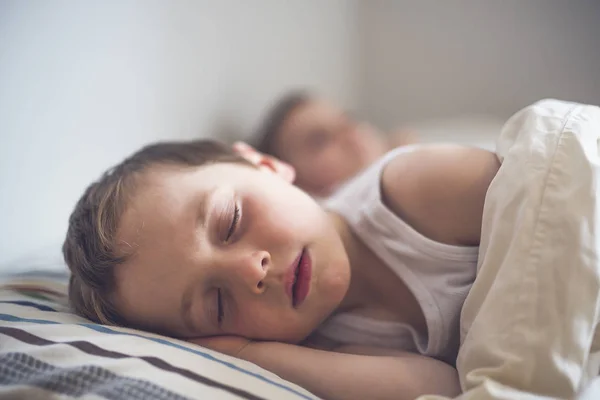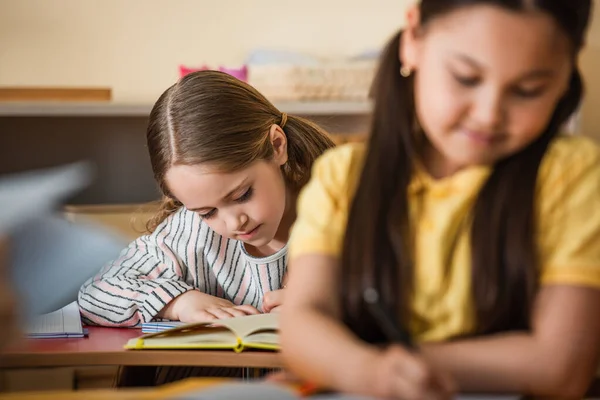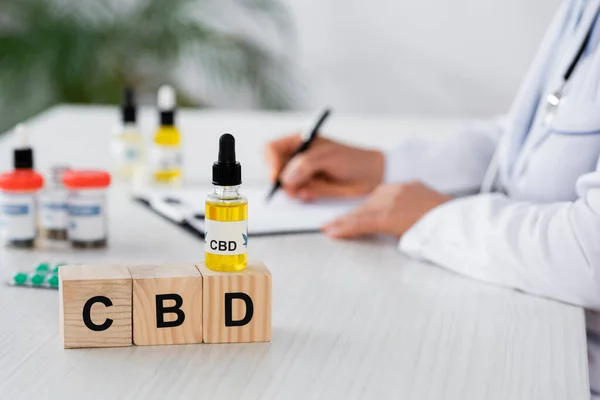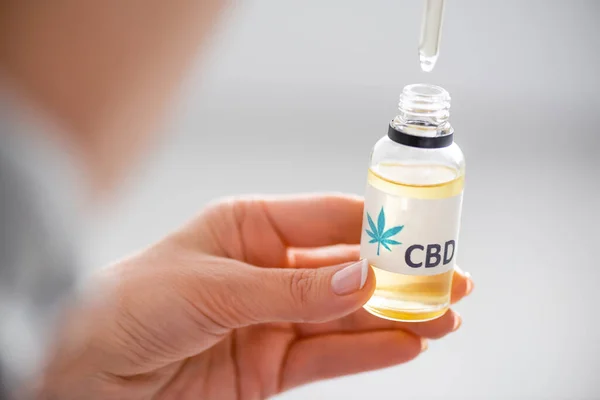Is CBD Safe For Kids?
CBD (Cannabidiol) is widely known for its potential health benefits in adults, but many parents are now asking: can kids have CBD safely? As this natural compound becomes more popular, understanding its safety, particularly for children, is crucial.
CBD is sometimes suggested for managing conditions like anxiety, sleep disorders, and even ADHD in children. However, it’s essential to consider the scientific research, potential risks, and consult with healthcare providers before giving CBD to kids.
What is CBD?
CBD is one of the many compounds extracted from the cannabis plant, known for its non-intoxicating properties. Unlike THC, which causes the “high” commonly associated with marijuana, CBD is not psychoactive. This makes it a popular option for therapeutic use without the concern of mind-altering effects, especially when considering its potential for children.
Legal Status of CBD
The legality of CBD products is a complicated issue, particularly when it comes to children. In the U.S., the FDA has approved only one CBD-based medication, Epidiolex, which is specifically for children with epilepsy. Beyond this, the legal use of CBD can vary. For instance, in both the U.S. and U.K., CBD products must contain less than 0.3% THC to be legal, but some states and countries may have stricter regulations. Parents should carefully review the laws in their area and ensure they are purchasing from reputable, tested sources.
Potential Benefits of CBD for Children
While research is ongoing, some parents have turned to CBD to help manage pediatric conditions. Below are specific areas where CBD is being explored:
CBD for Anxiety in Kids
Research suggests CBD may help reduce anxiety by affecting how the brain processes serotonin, a chemical linked to mood regulation. Children with anxiety disorders like generalized anxiety or social anxiety might benefit from CBD, although more clinical data is required. Some parents have shared positive experiences using CBD for anxiety in kids, reporting improved emotional stability and behavior.
CBD for Children’s Sleep

Children with sleep disorders, particularly those with ADHD or autism, often struggle to maintain a healthy sleep cycle. CBD for children’s sleep has shown potential in improving the quality of rest, helping children fall asleep more easily and remain asleep through the night. While results are promising, formal research is still catching up to these anecdotal findings.
CBD for Kids with ADHD
There is growing interest in CBD for kids with ADHD as an alternative to traditional stimulant medications. Early reports suggest CBD may help reduce hyperactivity and improve focus, especially in children who don’t respond well to conventional ADHD treatments. However, more controlled clinical trials are needed to provide clear guidelines.
CBD for Epilepsy in Children
One of the most well-researched uses of CBD in children is for the treatment of epilepsy. Epidiolex, a CBD-based drug, has been FDA-approved to treat severe forms of epilepsy, such as Dravet syndrome. This approval highlights CBD’s effectiveness for this condition, although it is important to note that it is not a cure but rather a treatment for reducing seizure frequency.
Note: If you are considering CBD for your child’s health, it is crucial to speak with a pediatric specialist. Clinics like Entirely Kids Pediatrics can provide expert guidance, helping you weigh the risks and benefits of using CBD for children.
Current Research on CBD and Children
While the excitement around CBD continues to grow, it’s essential to recognize that most research has been focused on adults. Only limited studies have explored how CBD affects children, especially over the long term.
Long-Term Effects of CBD Use in Children
The long-term effects of CBD for kids remain largely unknown. Since children’s brains and bodies are still developing, introducing CBD at a young age could impact growth in ways that are not yet fully understood. Until more long-term data is available, caution is advised.
Challenges with Dosing
Another significant challenge is determining the correct dose of CBD for children. Most CBD products are formulated for adults, and there is no standardized dosage for pediatric use. Can kids take CBD in the same doses as adults? Definitely not. The dosage needs to be carefully calculated based on a child’s age, weight, and the severity of their condition, and should only be adjusted under medical supervision.
Risks and Concerns About CBD for Children
Despite the potential benefits, there are also significant risks associated with giving CBD to children:
- Impact on Brain Development: Since the brain is still growing during childhood and adolescence, some researchers worry that CBD might interfere with normal development, particularly when used over long periods.
- Drug Interactions: CBD can interact with certain medications that children may already be taking, such as anti-seizure medications. These interactions can change how a drug is metabolized and lead to unforeseen side effects.
- Product Quality Issues: Due to a lack of regulation in the CBD market, not all products are created equal. Parents must ensure they are purchasing from companies that have their products third-party tested for safety and purity.
Factors to Consider Before Giving CBD to Children

Before starting any treatment with CBD, it’s vital to have a thorough discussion with your child’s healthcal and Ethical Considare provider. Here are some important factors to keep in mind:
- Age and Development: CBD’s impact can vary depending on a child’s age and developmental stage. Younger children may be more sensitive to CBD, which means a lower dose may be needed.
- Pre-Existing Conditions: Always review your child’s medical history with their doctor, particularly if they have conditions like ADHD, epilepsy, or anxiety. This helps ensure CBD won’t interfere with other treatments.
- Start with Low Doses: If your healthcare provider approves CBD, always start with the lowest recommended dose and monitor your child closely for side effects. Only increase the dosage if needed and under professional guidance.
For a tailored approach to CBD use in children, consider consulting with specialists in ADHD Management or pediatric care.
Alternatives to CBD for Pediatric Conditions
If you’re not ready to explore CBD, there are other methods to help manage conditions like anxiety, sleep issues, and ADHD in children.
Behavioral Therapy
Behavioral therapy is often the first recommendation for children with anxiety or ADHD. It helps them develop coping skills, improve social interactions, and manage symptoms without medication.
Traditional Medications
Some children may require traditional medications, such as stimulants for ADHD or sleep aids for insomnia. These medications have been studied extensively, and your healthcare provider can help determine the best course of treatment.
Natural Remedies and Lifestyle Adjustments
For some children, making lifestyle changes can have a big impact. Adjustments like improving sleep hygiene, reducing screen time, and encouraging regular exercise can help manage symptoms. For newborns, practices aligned with Newborn Care can address sleep issues and overall health.
Legal and Ethical Considerations

Before deciding to use CBD for children, consider the legal and ethical aspects of this choice.
Is CBD Safe for Children?
The legality of CBD for children varies based on location. In some places, the use of CBD for anything other than epilepsy is a gray area. Even where it’s legal, the lack of FDA approval for most CBD products used in children means parents must be cautious.
Ethical Considerations
Parents and healthcare providers alike are concerned about the ethical implications of giving CBD to children. Without robust research, many feel uncomfortable administering a compound that is not fully understood. Until there’s more solid evidence, it’s essential to proceed with care and fully weigh the pros and cons.
Conclusion
CBD may offer potential benefits for children with conditions like anxiety, ADHD, and epilepsy, but its use should be approached cautiously. While studies show promise, there is still much we don’t know about the long-term effects of CBD for children. Always consult with a healthcare professional to explore the safest options for your child.
At Entirely Kids Pediatrics, we are committed to providing personalized, expert advice on your child’s health. Contact us today to discuss your concerns and discover the best treatment plan for your child’s needs.

